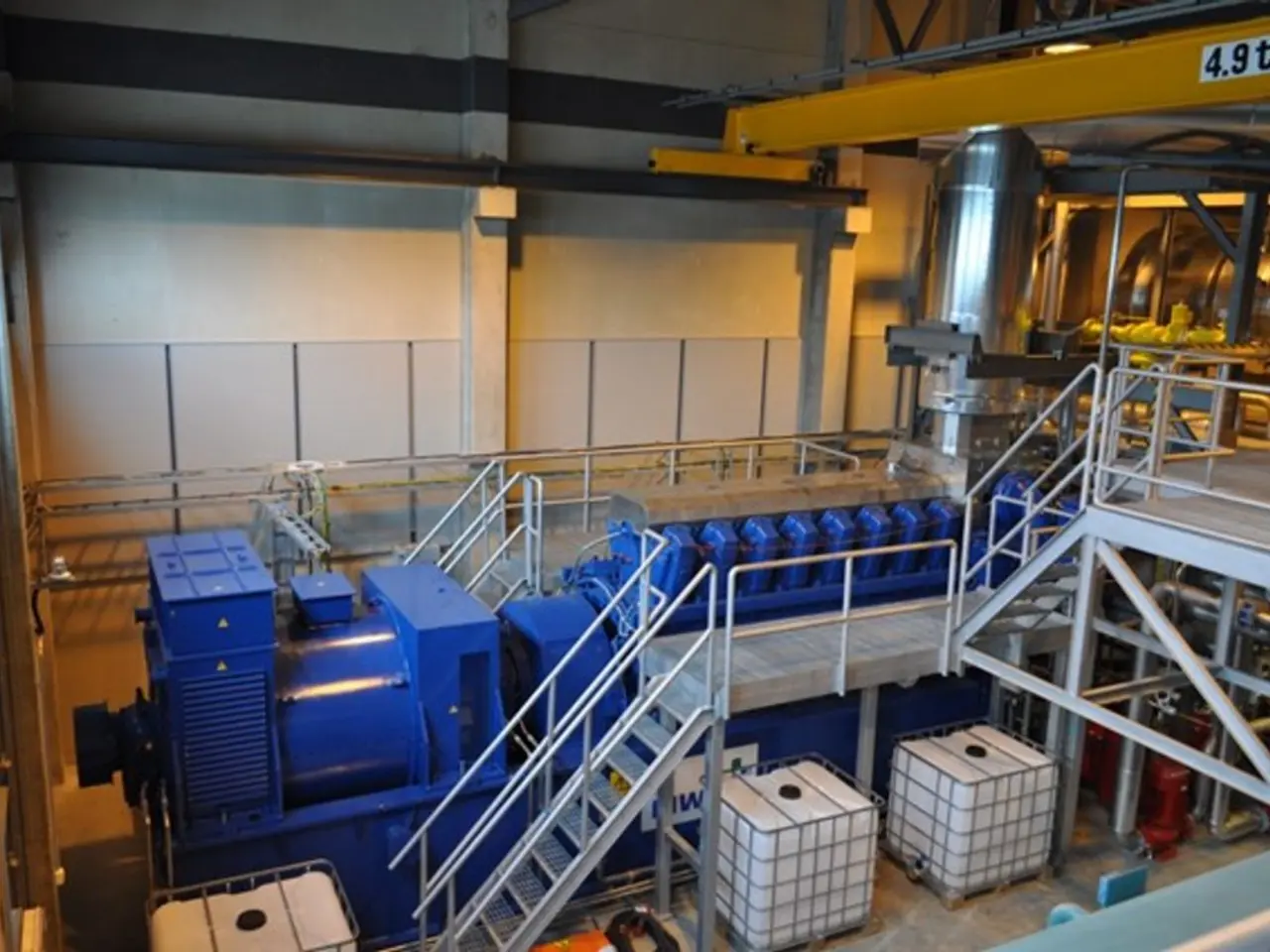US confronts challenges in domestic production of transmission technology
In a rapid rise over the past few years, TS Conductor, founded in 2018, has made significant strides in the energy sector. The company, which specialises in the production of lightweight, high-performance conductors for high power transmission lines, turned a profit at just five years old.
Initially, TS Conductor sought federal funding for the manufacturing of these innovative conductors, securing a grant from the Department of Energy's Office of Manufacturing and Energy Supply Chains. However, the current status of this grant is now "on hold."
The company's operations have been impacted by the 25% tariff on Canadian aluminum, a key component in their product. This tariff, combined with the ongoing uncertainty surrounding federal funding, has led TS Conductor to change its plans and construct the factory in South Carolina instead.
South Carolina offered a "very generous incentive package" to attract TS Conductor, and the chosen site for the factory is right on the border between South Carolina and Georgia, just 15 minutes away from Savannah. This growing manufacturing hub boasts a container port and several skilled training centres, which TS Conductor hopes will aid in recruiting the 500 direct employees needed to run the factory.
Despite these challenges, TS Conductor remains committed to getting production lines rolling in South Carolina this fall, with a new target date of late December. However, without the DOE support, the company may scale back its operations.
The factory's proximity to Savannah is expected to be a significant advantage, as the conductors solve many inherent limitations of traditional conductors, such as thermal sag. These conductors are also much cheaper than the industry-standard tech, in part because their core materials are more widely used beyond the energy sector.
However, the planned export hub may face challenges due to retaliatory tariffs. The tariffs are likely to dampen demand for American-made transmission tech, a concern that TS Conductor is addressing by importing most of the manufacturing equipment from China.
As the tariff negotiations between the USA and Canada continue, TS Conductor's CEO, Huang, is hoping to get more certainty around the final form of Trump's Liberation Day tariffs. Despite these hurdles, TS Conductor remains optimistic about its future in South Carolina.
Read also:
- EPA Administrator Zeldin travels to Iowa, reveals fresh EPA DEF guidelines, attends State Fair, commemorates One Big Beautiful Bill
- Musk announces intention to sue Apple for overlooking X and Grok in the top app listings
- Cybertruck's Disappointing Setback, Musk's New Policy, Mega-Pack Triumphs, Model Y's Anticipated Upgrade Prior to Refresh (Week of January 25 for Tesla)
- Innovative Company ILiAD Technologies Introduces ILiAD+: Boosting Direct Lithium Extraction Technology's Efficiency Substantially




